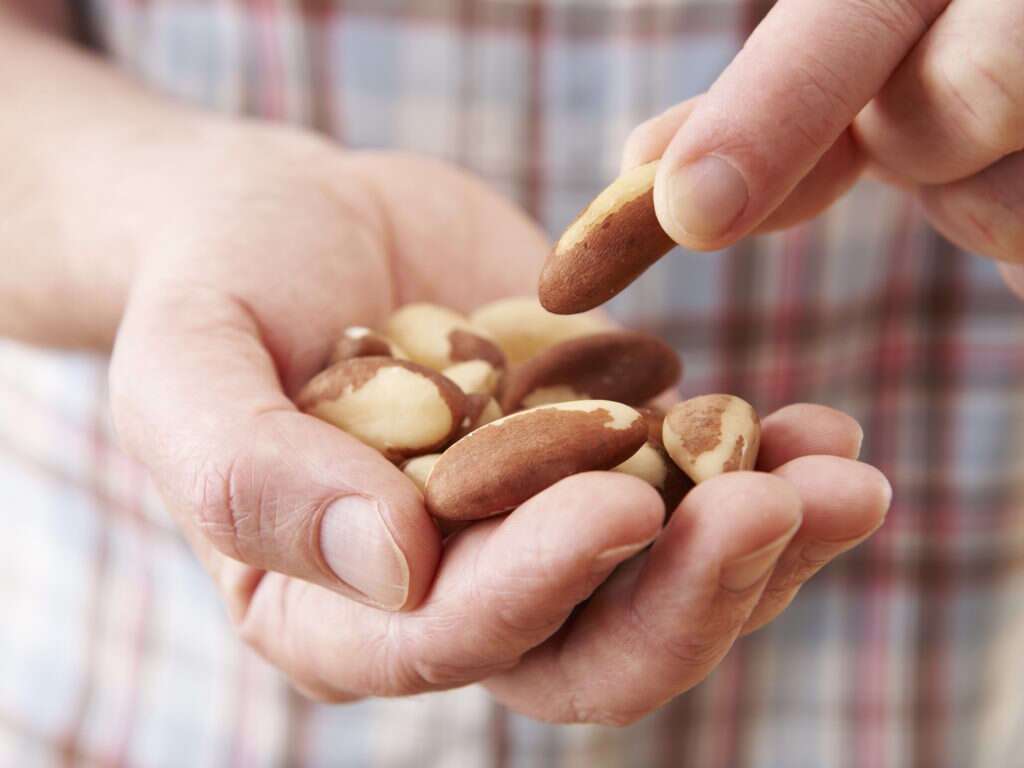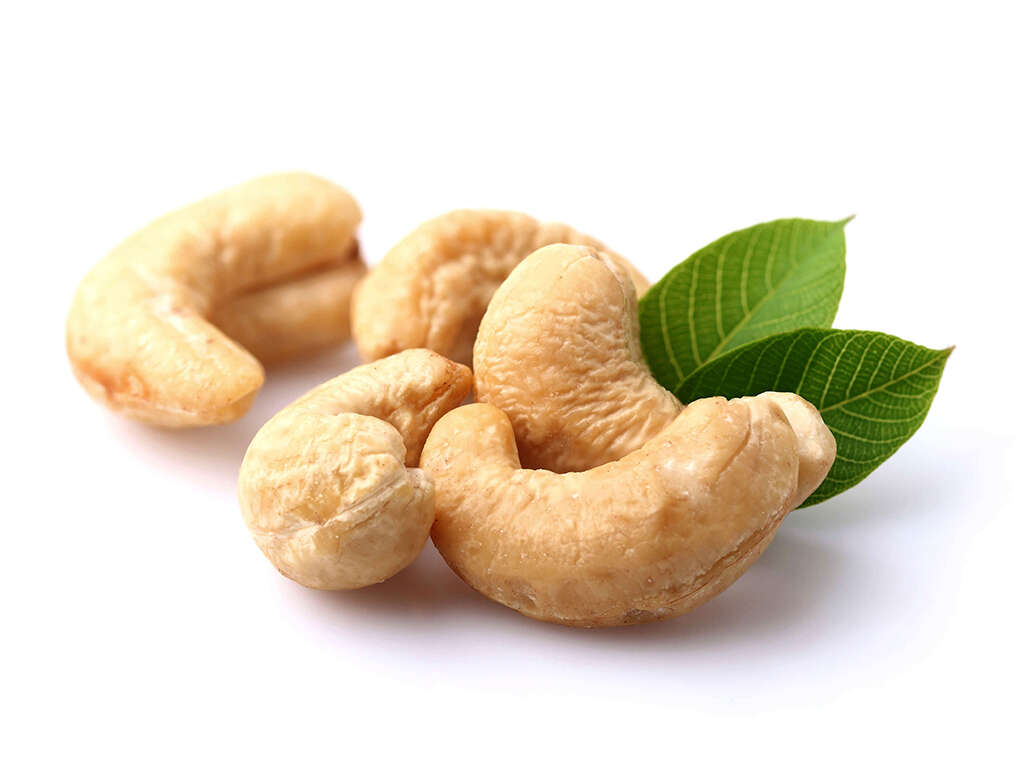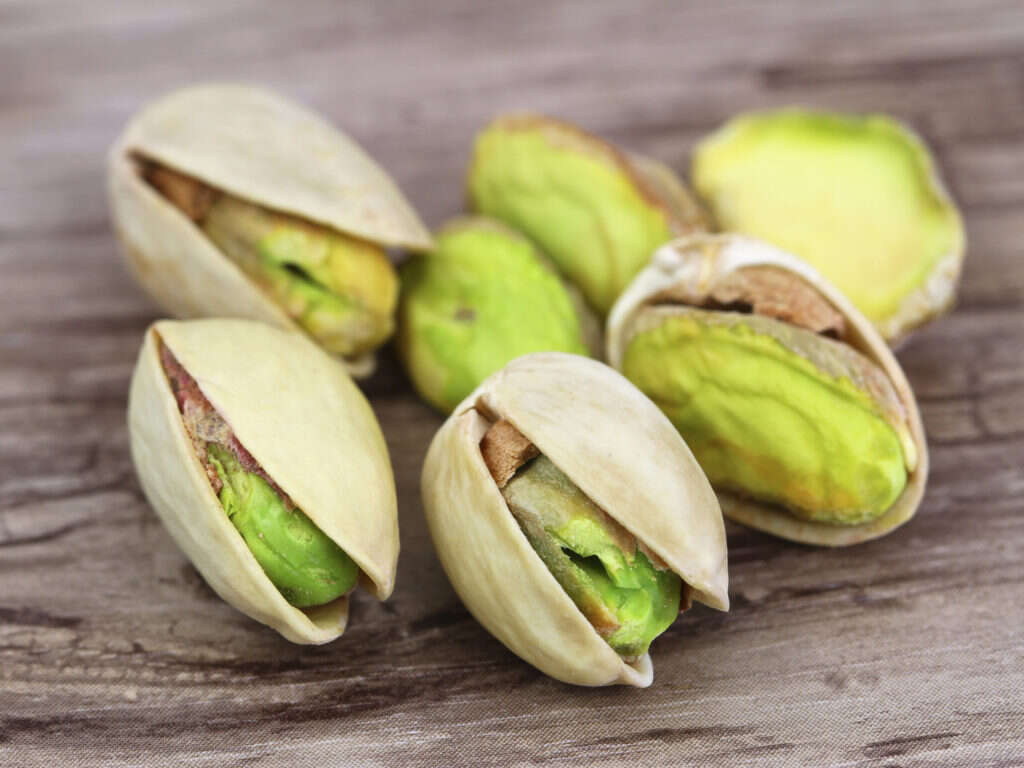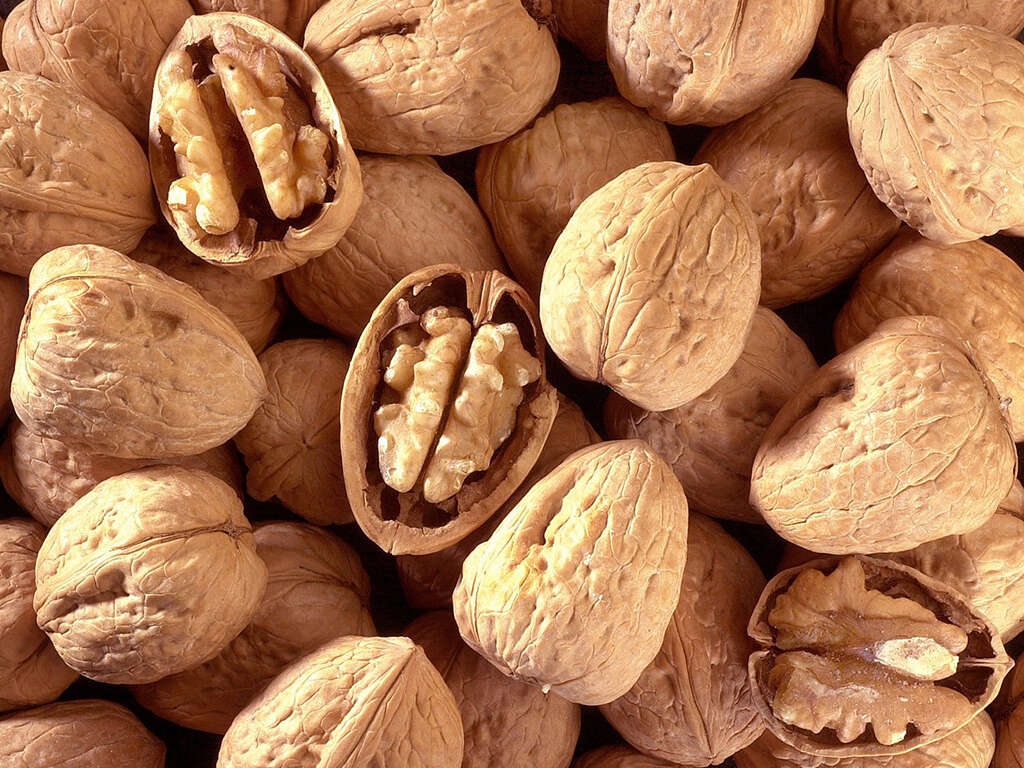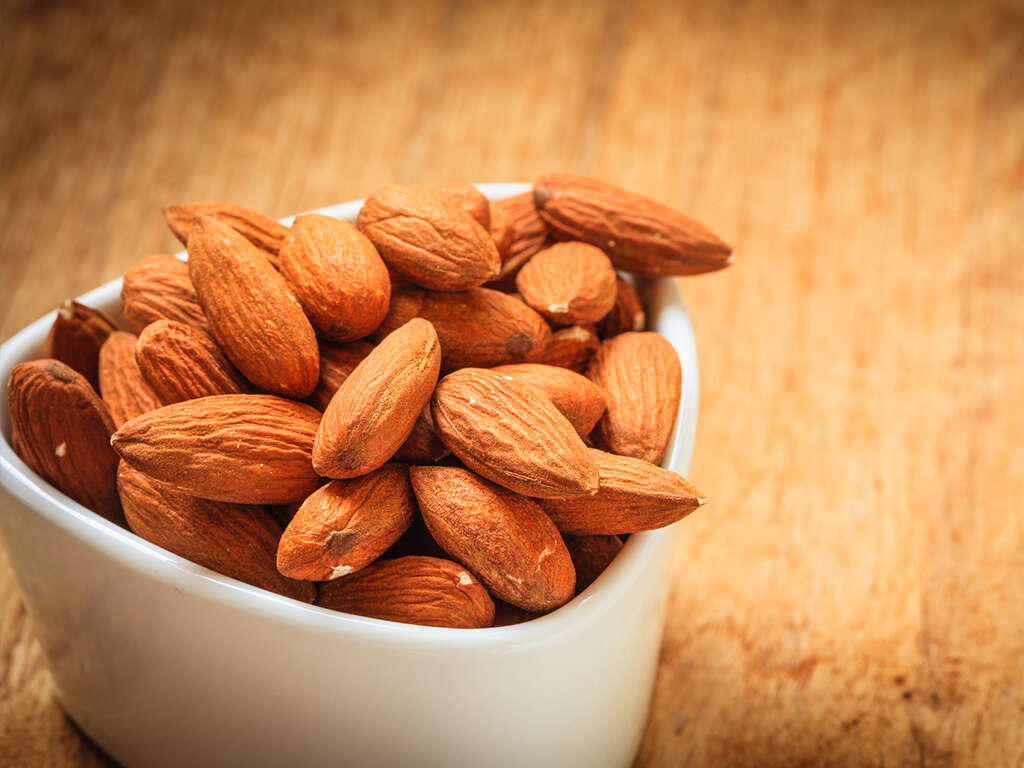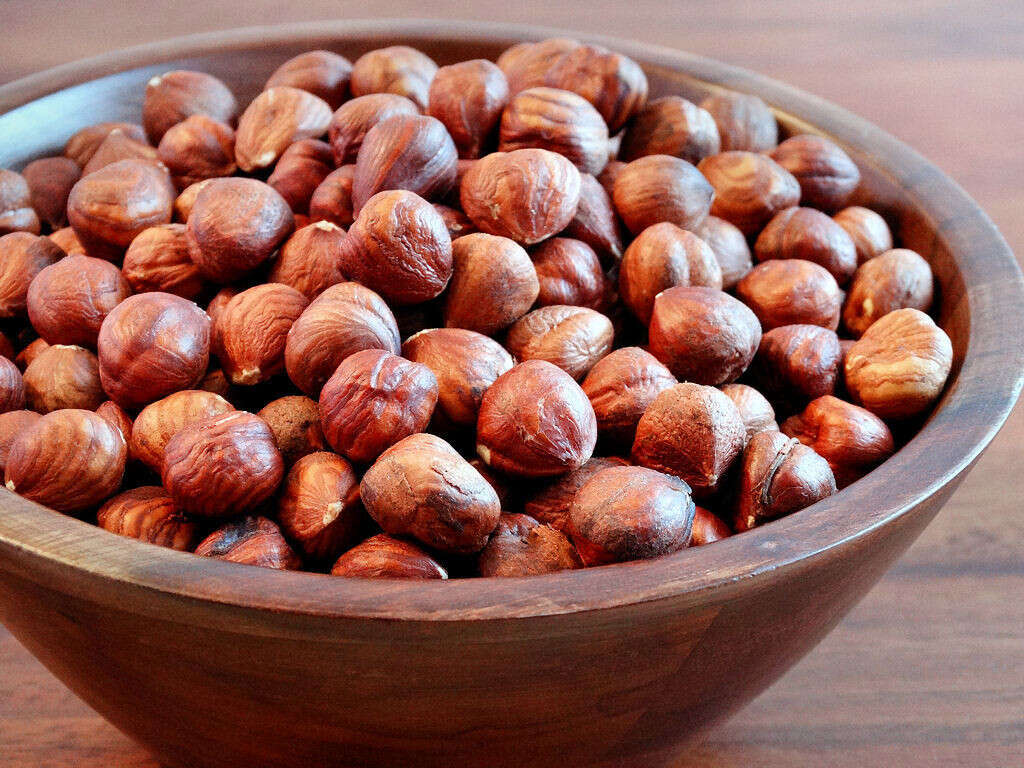10 Health Benefits Of Peanuts
You probably know that peanuts are not true nuts. Peanuts are actually legumes. But they taste like nuts and have similar properties to tree nuts like walnuts, almonds and pecans. And contrary to what some people claim, the high fat content of nuts does not make them unhealthy. Nuts have a myriad of health benefits that make them a great snack. But is this also true of peanuts?
Recent studies indicate that peanuts are very similar to the real nuts. They are rich in fats, protein, fiber, vitamins and minerals. Nuts also contain an array of antioxidants; known to protect against the effects of free radicals in the body. According to some studies, people who eat peanuts regularly have a 17 to 21 percent reduced risk of death than those who don't. Following are 10 health benefits of peanuts that should help you consider popping some into your mouth now and then.
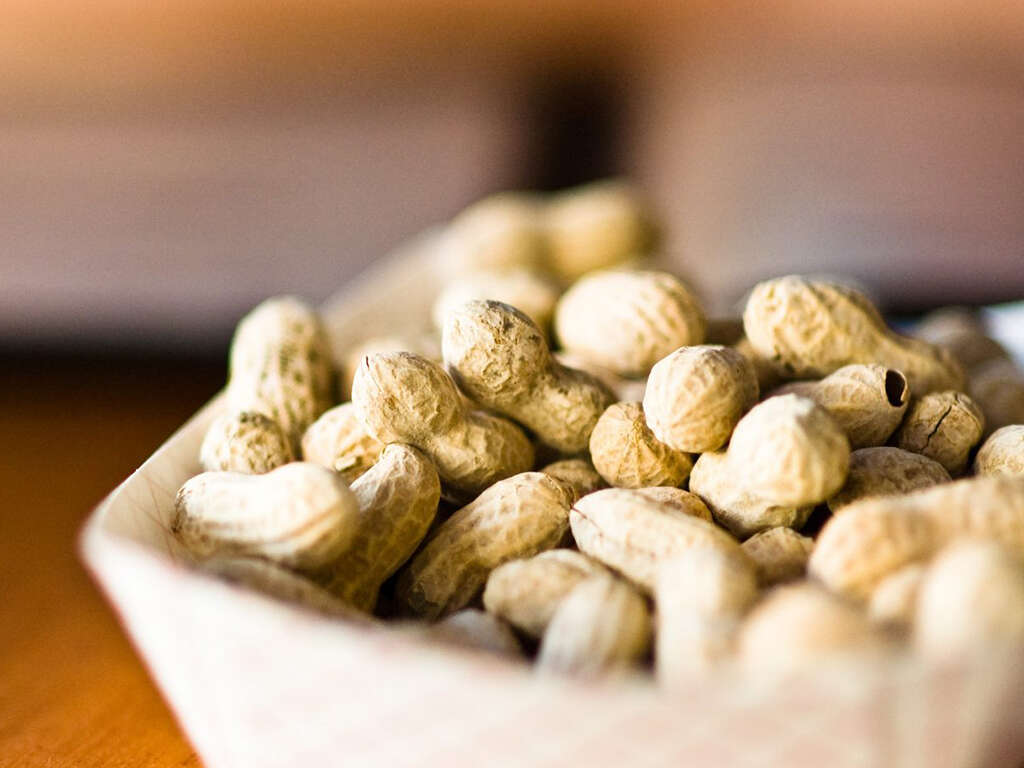
Health Benefit Of Peanuts #1: Peanuts Are Full Of Nutrients
Peanuts are a rich source of both macro and micronutrients required to maintain good general health. 100 grams of peanuts provides 165 percent of the recommended dietary allowance of fat, 46 percent of the RDA of protein, 29 percent of the RDA of energy and 22 percent of fiber. Peanuts are also a great source of vitamins and minerals.
One hundred grams of peanuts provides 75 percent of the RDA of niacin, 60 percent of folates, 53 percent of thiamin and 35 percent of pantothenic acid. The same quantity of peanuts also provides 127 percent of the RDA of copper, 84 percent of manganese, 57 percent of iron, and 42 percent of the RDA of magnesium. Of course you don't need to eat all those peanuts at once. Two tablespoons per day will provide you with a significant amount of healthy nutrition.

Health Benefit Of Peanuts #2: Eating Peanuts Protects The Heart
Millions of people die from heart disease every year. But according to a number of studies, regular consumption of peanuts, or other nuts for that matter, can help improve heart health. The heart health properties do not come from any one compound in peanuts. The nutritional and non-nutritional properties of peanuts provide a powerful combination that promotes good heart health.

Health Benefit Of Peanuts #3: Peanuts Promote Weight Loss
While peanuts are high in fat and calories, studies show that consuming them regularly can help you lose weight. Peanuts can also help protect you from excess weight and obesity. One study conducted on healthy women found that substituting peanuts for other fat sources in the diet led to an average loss of 3 kilograms within 6 months. This happened in spite of a request for the women to maintain their original weight.
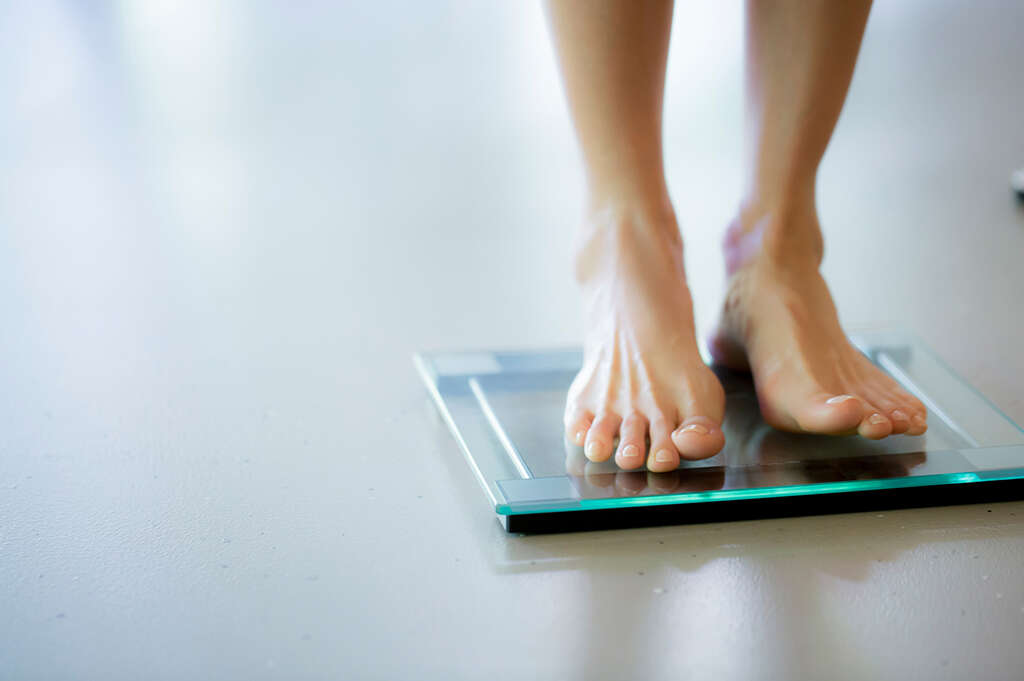
Health Benefit Of Peanuts #4: Prevent Gallstones
It is estimated that between 10 and 25 percent of the United States adult population may be affected by gallstones. In most cases, gallstones are composed of cholesterol. This may suggest that having high cholesterol in the body may increase the risk of developing gallstones. But peanuts contain an anti-nutrient which interferes with the absorption of cholesterol.

Health Benefit Of Peanuts #5: Lowers Cholesterol Levels
Regular consumption of peanuts helps lower cholesterol levels in the body. Although cholesterol is necessary for body functions like maintenance of cell membranes and hormone production, high cholesterol levels can lead to health problems. Cholesterol is associated to conditions like coronary heart disease, peripheral vascular disease, high blood pressure, stroke and gallstones. It therefore helps to eat foods that don't cause a rise in cholesterol.

Health Benefit Of Peanuts #6: Peanuts Help Boost Immunity
Regular consumption of peanuts is a great way to boost your immunity. Peanuts contain a rich array of nutrients that your body needs to function properly and maintain its health. These nutrients include protein, fiber, vitamin E, vitamin B1, vitamin B3 or niacin, and vitamin B9 or folate. Peanuts are also rich in minerals like zinc, magnesium, manganese and phosphorus.
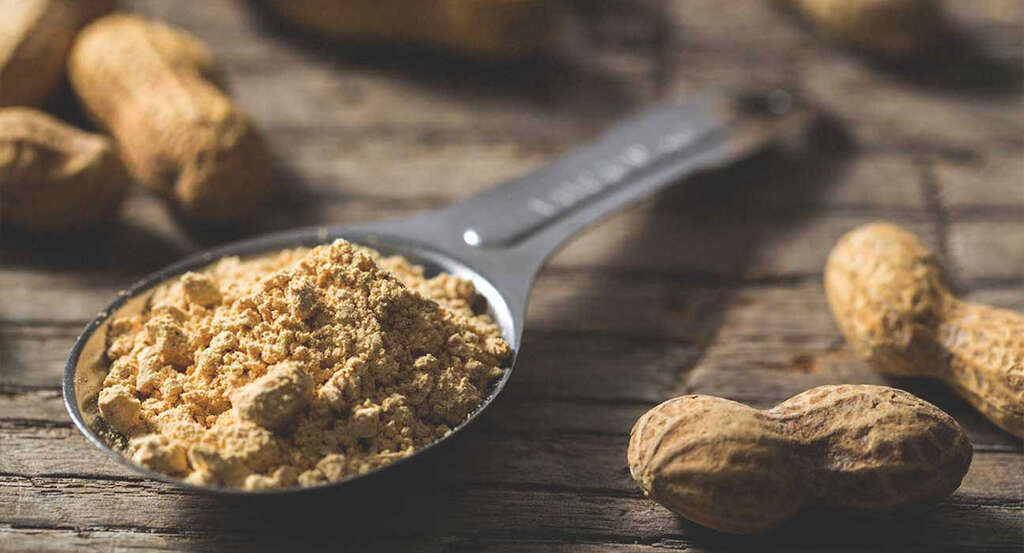
Health Benefit Of Peanuts #7: Peanuts Help Control Blood Sugar
Peanuts have a low glycemic index. This means that eating peanuts does not lead to a spike in blood sugar levels. This is different from what happens after eating many foods, especially carbohydrates. The body digests peanuts slowly which is the reason you feel full for longer. The slow digestion means that even the carbohydrate in peanuts takes time to get into the bloodstream.

Health Benefit Of Peanuts #8: Peanuts Boost Mental Functions
Besides boosting immunity, peanuts also boost mental functions including memory. These properties are probably the result of the vitamins and antioxidants contained in peanuts. Nutrients in peanuts associated with good mental health include amino acids that constitute protein, vitamin B9, vitamin E, zinc, magnesium and antioxidants like resveratrol.
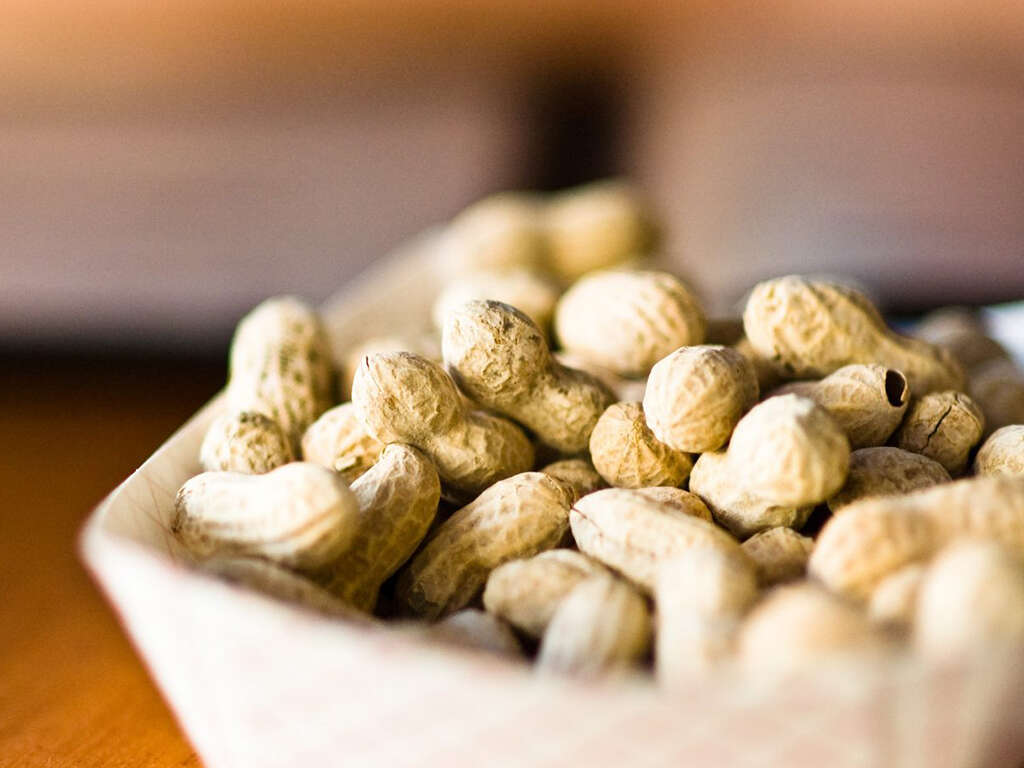
Health Benefit Of Peanuts #9: Peanuts Improve Skin Health
The same way it boosts overall health and immunity, eating peanuts regularly can help improve your skin health. It turns out that peanuts work from the inside out. Skin health benefits may come from the healthy monounsaturated fats, antioxidants like resveratrol, vitamin E and dietary fiber in peanuts. These nutrients and plant compounds help keep skin healthy. They also help detoxify skin by getting rid of free radicals and other toxins. The result is glowing skin that is free of breakouts and blemishes.

Health Benefit Of Peanuts #10: Peanuts Help Fight Depression
According to the Anxiety and Depression Association of America, nearly 7 million adult Americans have depression. Just as its name suggests, depression is a depressing condition that makes life a difficult chore for those who have it and those around them. For this reason, anything that can help reduce the effects of depression is welcome.




